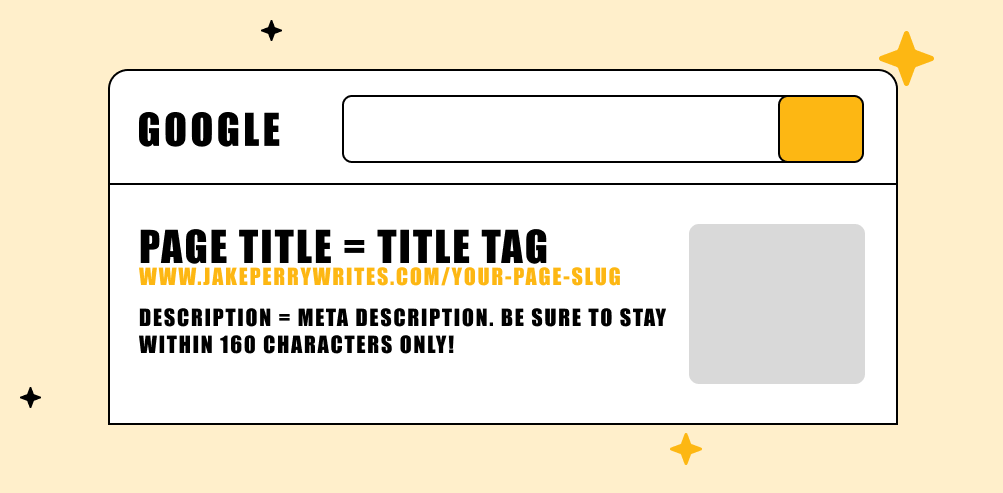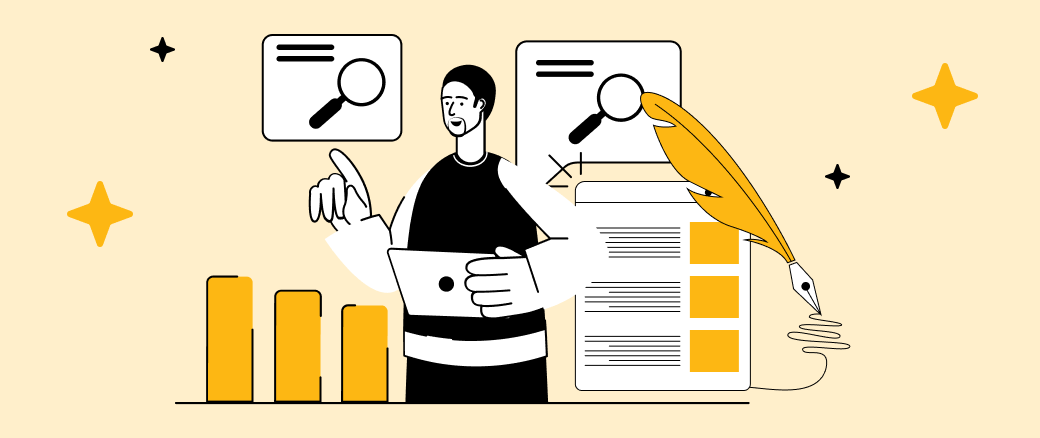In the rapidly evolving field of search engine optimization, leveraging AI tools can be a game-changer. We’ve gathered insights from seven industry experts, including digital marketing managers and founders, to shed light on how AI can revolutionize SEO. From automating tedious SEO tasks to optimizing on-page elements using AI, discover cutting-edge strategies that can help you stay ahead in the digital space.
Table of Contents
Automate SEO Tasks With AI
Incorporating AI tools into your SEO strategy can revolutionize your approach by automating complex tasks and providing deeper insights. Here are the key points:
- Advanced Keyword Analysis – AI tools analyze large datasets to identify high-performing keywords and long-tail phrases with lower competition, helping you target niche audiences effectively.
- Content Optimization – These tools assess content structure, readability, and keyword density, offering real-time suggestions to align with search engine algorithms.
- Competitive Analysis – AI can reveal keyword gaps and assess competitors’ strategies, allowing you to fill those gaps and stay ahead in search rankings.
- Semantic Analysis – AI-powered tools ensure that content is contextually relevant, improving both search rankings and user engagement.
- Automation and Efficiency – By automating repetitive SEO tasks, AI tools save time and reduce manual effort, allowing you to focus on strategic initiatives.
Implementing AI tools in your SEO efforts enhances search engine visibility and streamlines the content creation process, driving better engagement and higher rankings.
Dhruv Shah, Digital Marketing Manager, Yegital
AI for Meta Descriptions and Schema
Using AI tools in SEO is a risky proposition. There are use cases where applying AI can be beneficial, but it definitely comes with a “handle with care” caveat.

Firstly, ignore anything strategy-related; the tech is not appropriate for that. Also, keyword research is not data-driven; you are essentially saying, “Use advanced predictive text.”
AI can be good at producing bulk meta descriptions for large sites that have largely programmatic, data-driven content and either inaccurate or no meta descriptions. AI can also be used for creating schema data of different types with the appropriate content pulled from your site.
Some of the content analysis functions are actually useful, but you need to apply real human insight at the end of it rather than the copy-and-paste approach. Bear in mind that all generative AI systems have a statistical watermark. Generating mass content with AI is something that should be avoided.
Trevor Stolber, Co-Founder, CTO, VibeLogic
AI-Driven Content Optimization
One key insight on how AI tools can be effectively used to optimize SEO is through automated content optimization. AI-powered tools can analyze existing content and provide specific recommendations to improve its search engine performance.
These tools can analyze top-ranking pages for target keywords, identify important topics and keywords to include, suggest optimal content length and structure, and recommend improvements to headings, meta descriptions, and other on-page elements.
This AI-driven approach allows content creators to efficiently optimize their articles for search engines while maintaining quality and relevance for human readers. By leveraging these automated insights, SEO professionals can save significant time on manual analysis and focus on higher-level strategy and content creation.
The key is to use AI tools to augment and streamline the optimization process, rather than fully replacing human expertise. When used effectively, AI-powered content optimization can help improve rankings more consistently and at scale.
Jon Crocker, Owner, Crocker & Co.
Enhance SEO With Data-Driven AI
The effectiveness of SEO can be improved significantly with the aid of artificial intelligence (AI) tools. AI tools can analyze large volumes of data to recognize trends and patterns, making them ideal for content optimization. For instance, these tools can study existing content to understand the preferences of your audience as well as what works for the search engines. You can identify the exact areas for improvement based on the tools’ assessments of readability, keyword density, engagement metrics, etc.

In addition, AI tools can analyze search data to predict future trends, which can assist digital marketers in maintaining an edge over the competition through the consistent creation of high-ranking content. This proactive, data-driven approach can help enhance visibility and ensure high traffic to your website for a long period of time.
Sultan Saleh, SEO, K Raheja
Target Traffic With AI Keyword Research
A great insight into how AI tools can optimize SEO effectively is by leveraging AI for specific keyword research and content gap analysis. AI can research long-tail keywords that are very specific and less competitive, attracting more targeted traffic. The keywords have higher conversion rates since they match the precise searches of users.
For example, if you are running a blog about healthy recipes, AI can be used to identify a long-tail keyword such as “easy vegan dinner recipes.” AI can also research and evaluate the content of competitors by identifying which topics they cover. This is important as it helps you understand what strategies work for the competitor and what areas you can improve on.
Andrea Cuevas, Marketing Coordinator, Achievable
ChatGPT for Content Alignment
Despite what many people think, AI tools, such as ChatGPT, cannot accurately analyze SEO opportunities. However, what ChatGPT can do is rewrite your text based on Google’s criteria for effective content. I use ChatGPT to review copy on my pages and ensure that everything aligns with those favorable criteria. Using ChatGPT in this way has visibly helped us achieve a few “Featured Snippet” listings on Google.
Ryan Stone, Founder & Creative Director, Lambda Films London
Optimize On-Page Elements Using AI
AI tools are important for ensuring that elements like meta tags, headings, and content on a website are set up in a way that helps it appear more prominently in search engine results. These tools use NLP algorithms to review and suggest changes for meta titles and descriptions, ensuring they are useful and engaging for both people and search engines.
AI tools can evaluate the order of headings and recommend changes to make them more readable and better for search engine optimization. They also examine the structure of content to ensure it is well-organized, logical, and optimized for specific keywords and user needs.
Additionally, AI assists in creating and testing different versions of on-page elements to determine the most effective combinations that increase click-through rates and engagement. This continuous improvement process, guided by data analysis, ensures that on-page elements not only adhere to SEO guidelines but also resonate with the target audience, leading to improved search engine rankings and organic website traffic.
Matthew Ramirez, Founder, Rephrasely





























